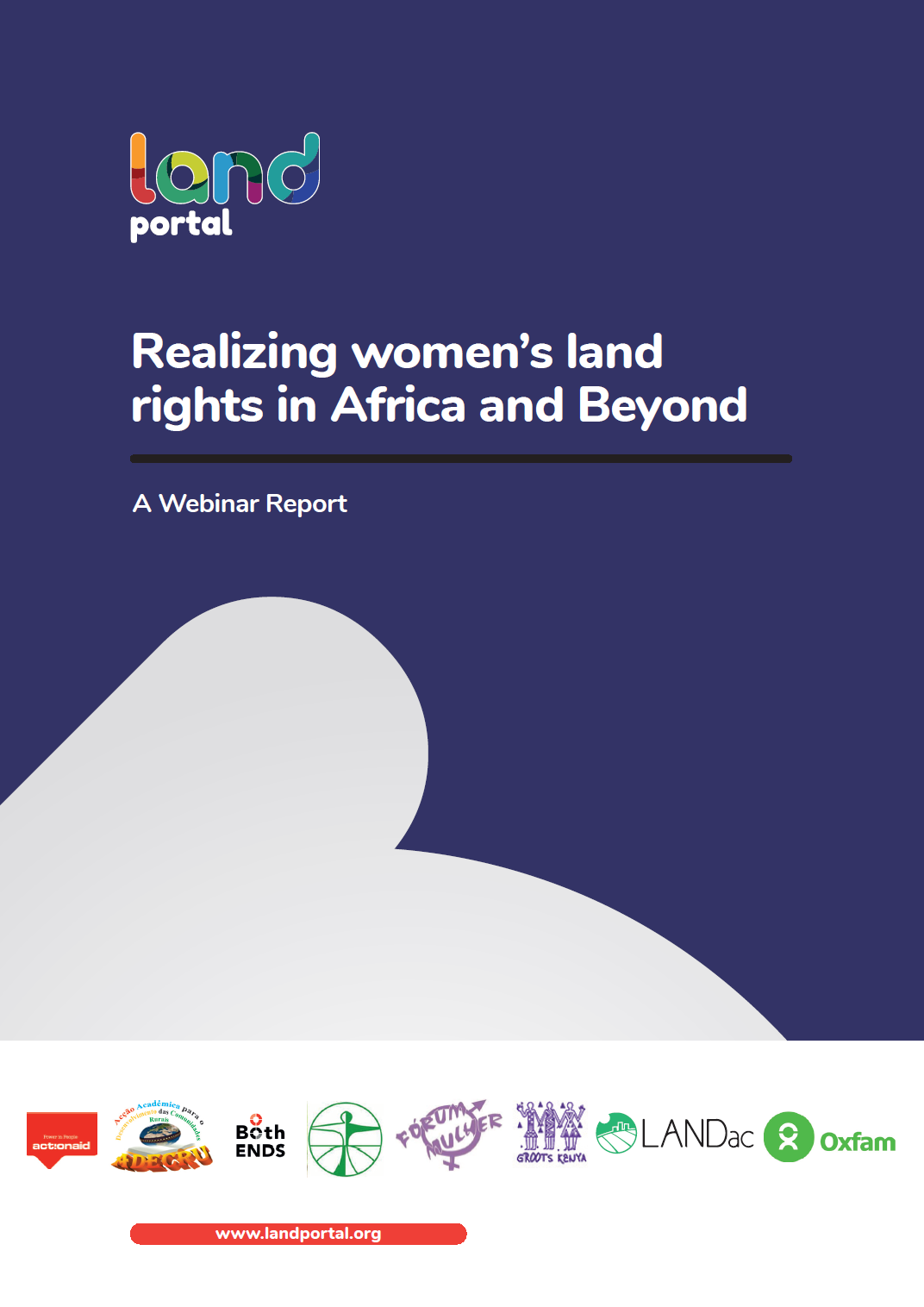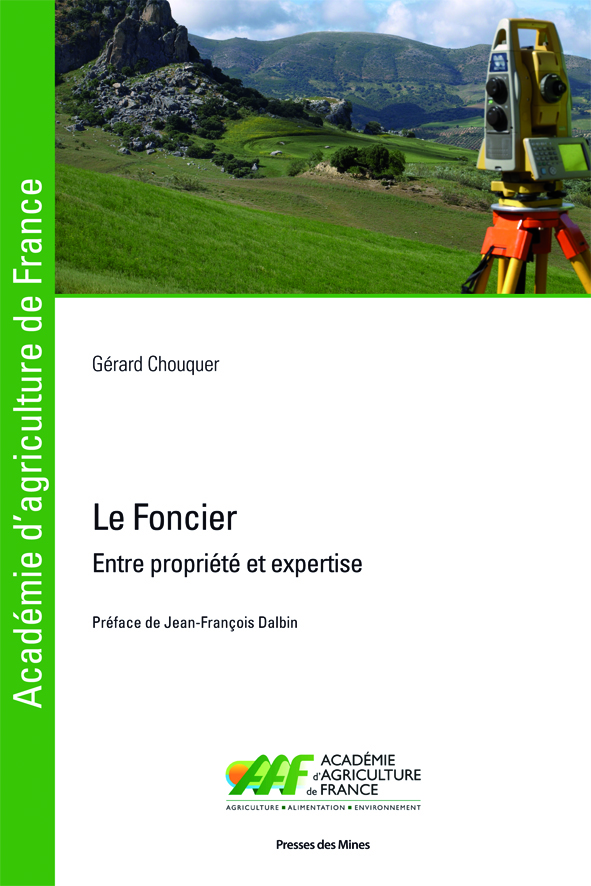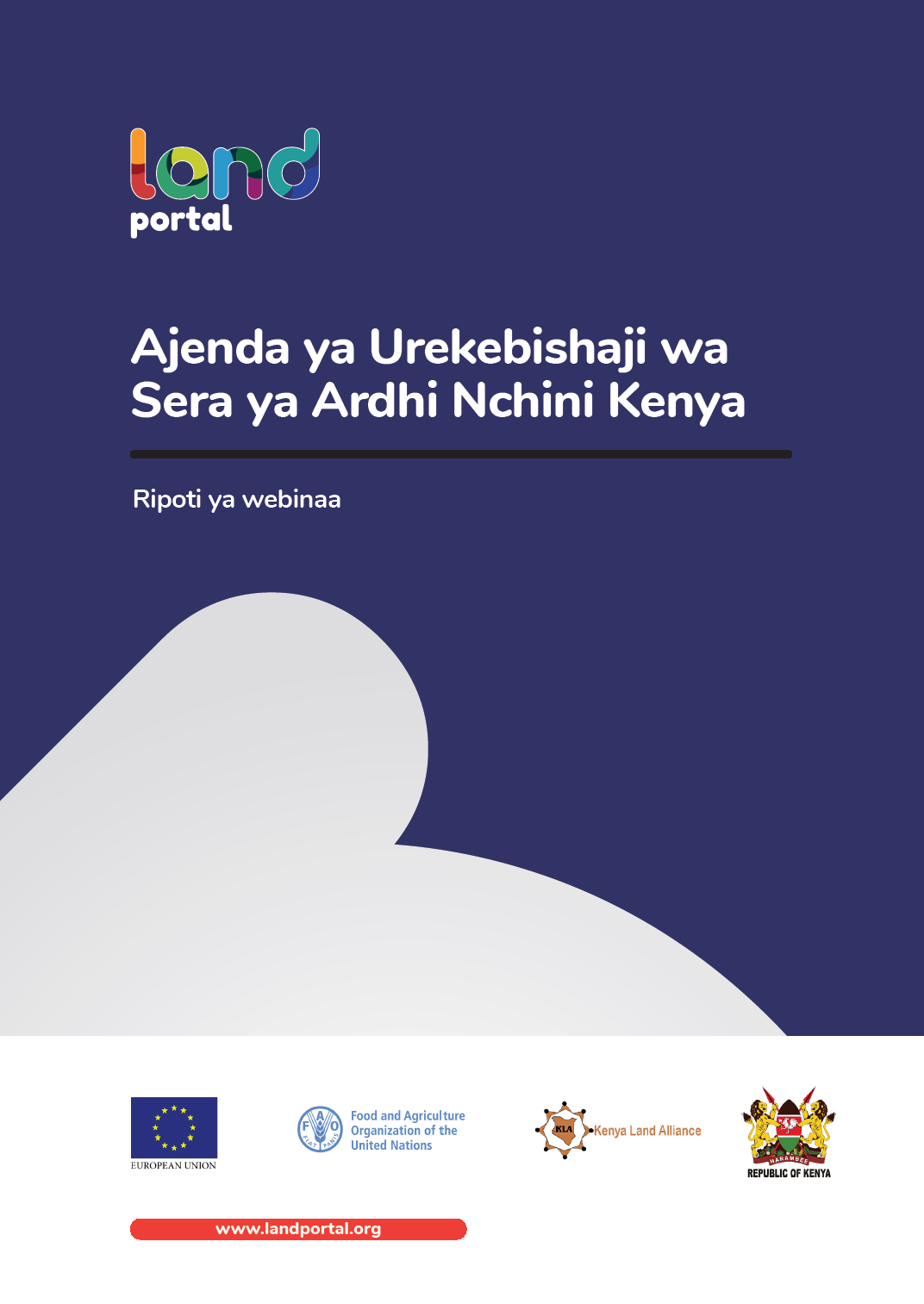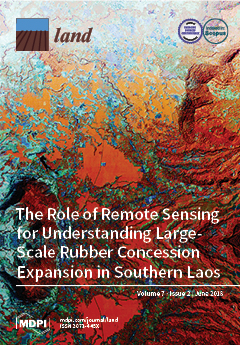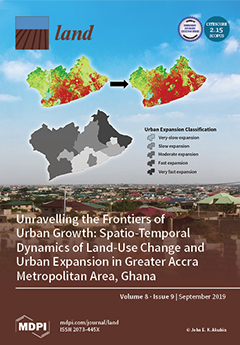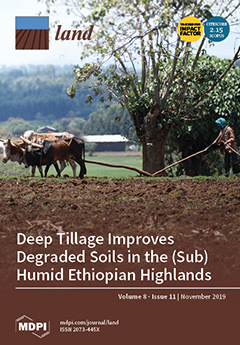Dealing with private property for public purposes : an interdisciplinary study of land transactions from a micro-scale perspective
Dealing with private property for public purposes : an interdisciplinary study of land transactions from a micro-scale perspective


